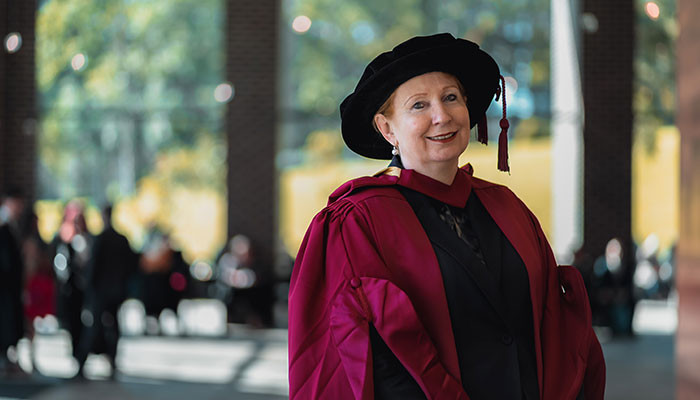Siblings have been at war with one another since Cain reportedly murdered Abel in a jealous rage over God’s favouritism. In today’s developed world, siblings rarely have to fight for the last bit of bread in order to survive (though a sister may decide any bit is exactly the bit she wants, provided her brother is about to eat it). Even so, research shows that the primary sources of sibling conflict are the same as they have always been: competition over resources, including parental attention, and perceived favouritism, with 'it’s not fair' being the catchcry of the sibling who feels under-benefited compared to another.

Deadly jealousy: Mustafa and Scar were warring brothers in the smash hit Disney movie The Lion King.
Other sources of sibling conflict have more to do with parents than with their children. For example, parents who frequently argue and fight tend to escalate anger and conflict within the family. Not only do children imitate their parents’ angry behaviours, they may also 'catch' their parents’ hostile emotions and transmit them to others, including (and especially) their siblings.
Parents are invested in their children’s welfare and survival, so would prefer less conflict and more co-operation among siblings. This is not actually a big ask, given that siblings typically share genes with one another, making them allies as well as competitors. In fact, siblings may be lifelong sources of love and loyalty to one another, providing support whenever it’s needed. So what can parents do to reduce sibling conflict and encourage sibling support?
The first answer involves accepting that humans can never be entirely free of anger, hate, jealousy or envy. Rightly or wrongly, these emotions are our first line of defence when we believe we are being 'ripped off' or cheated of what we need or think we deserve. Parents who can see beyond their children’s emotions to the fears and needs that may be generating them, and who frequently reassure their children that they are loved, valued, and respected, foster more trusting and supportive sibling relationships.
The second answer involves recognising that children learn from their parents how to manage anger and conflict. If parents frequently bicker, abuse one another, and fail to 'fight fair', it is pointless for them to shout at their children for doing the same thing. This suggests that parents who can’t bear their children’s fights might usefully consider what kind of example they are setting. After all, if children can so easily 'catch' emotions like anger, resentment and contempt from their parents, chances are they can 'catch' joy, love and gratitude, too.



